
Woman shares ’embarrassing’ symptoms she regrets hiding from doctors as she’s diagnosed with incurable cancer
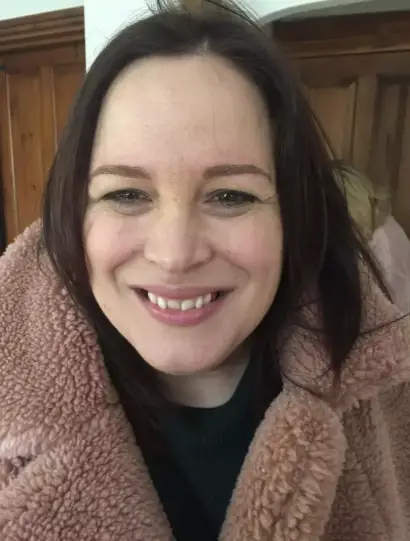
Jenny Duncan, a 45-year-old head teacher from the UK, is now bravely sharing her personal story in hopes of encouraging others to speak up about their health concerns—especially the ones that feel too “embarrassing” to talk about. Jenny’s story is a powerful reminder that ignoring symptoms out of shame or denial can come at a great cost.
Her journey began in 2019 while she was on vacation in Lanzarote. Jenny was enjoying the sun and relaxation when she first noticed something unusual. She began experiencing stomach pain and noticed blood on the toilet paper. At the time, she brushed it off.
“I was healthy, active, and had no major health issues,” she explained. “I didn’t think anything serious could be wrong with me. I thought it was just something minor, maybe something I ate.”
Adding to that, Jenny was about to begin a new job as a head teacher—a milestone in her professional life. The combination of stress, excitement, and pressure seemed like a more plausible explanation for her symptoms.
“I told myself it was just stress. I had a lot on my plate, and it didn’t seem worth bothering a doctor about something that felt so personal,” she recalled.
Despite feeling uncertain, Jenny began taking photos of the blood in her stool, just in case. One evening, while lying in bed, her husband Stuart happened to see one of the photos on her phone. Shocked, he confronted her.
“He said, ‘What on Earth is this? We need to get you some help,’” Jenny said. “Stuart is usually very calm and rational, so when I saw the worry on his face, I knew I couldn’t ignore it anymore.”
At his insistence, Jenny visited her doctor. The news she received was devastating: she had stage 3 bowel cancer.
“I was stunned. I thought bowel cancer only affected older men,” she said. “It never crossed my mind that someone in their forties, especially someone like me who was fit and active, could be at risk.”
In hindsight, there had been other signs too. Jenny had been experiencing persistent bloating and gas, which she attributed to stress and long working hours. She often felt fatigued but assumed it was part of the job.
“I used to come home from school late, eat quickly, and go straight back to work. I was constantly on the go. I didn’t stop to think that something might be seriously wrong,” she admitted.
Perhaps the hardest part for Jenny to come to terms with is the regret she now carries.
“I was too embarrassed to talk to my doctor about poo,” she said. “I just hoped the symptoms would go away. But they didn’t.”
She now wishes she had sought help sooner.
“I do regret not going to the doctor straight away. I could kick myself for waiting so long. If I had known more about the symptoms or hadn’t been so embarrassed, maybe things would be different now.”
Jenny began chemotherapy just as the COVID-19 pandemic was starting to spread in the UK. Due to strict restrictions, she had to undergo treatment and surgery entirely on her own.
“I was completely isolated. No visitors, no one to hold my hand. It was terrifying,” she said. “But I pushed through it, because I had no other choice.”
Initially, treatment seemed successful—the tumor disappeared. But in 2022, Jenny received heartbreaking news: the cancer had spread to her lymph nodes and was now incurable.
“I absolutely lost it,” she recalled. “I was sobbing, telling Stuart, ‘I’m going to die.’ I didn’t want to see anyone. I shut down for days.”
But slowly, with support from her family and friends, Jenny regained strength. She returned to work and began cherishing time with her two adult sons, choosing to live in the present rather than dwell on fear.
Now living with stage 4 bowel cancer, Jenny undergoes regular scans every three to six months to monitor her condition. If the disease progresses, she will resume treatment. For now, she is stable—and grateful.
“Every single day is a gift,” she says. “I don’t take anything for granted anymore.”
Jenny hopes her story will encourage others to speak up about their symptoms, no matter how awkward the conversation might feel.
“I want people to understand how important it is to know your own body,” she says. “Don’t be ashamed. Talk to your doctor. It could save your life.”
What You Need to Know About Bowel Cancer
According to the Mayo Clinic, signs of bowel (or colorectal) cancer can include:
-
Persistent changes in bowel habits (diarrhea or constipation)
-
Blood in the stool
-
Ongoing abdominal pain, cramping, or discomfort
-
A feeling that the bowel doesn’t empty completely
-
Fatigue or weakness
-
Unexplained weight loss
Bowel cancer can affect individuals of any age. Early detection is key, and in many cases, it can be successfully treated if caught early.
News in the same category

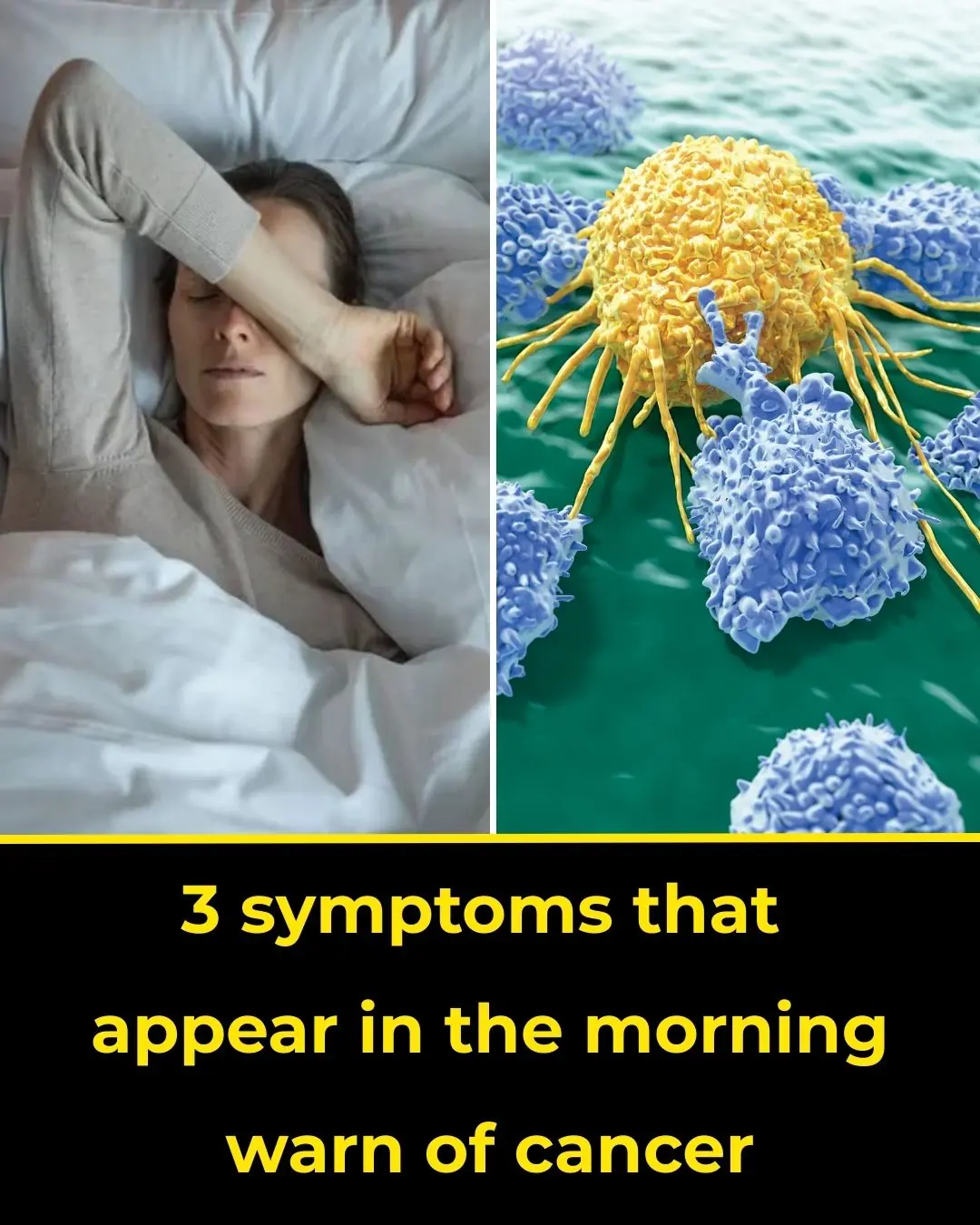
🌅 Three Morning Symptoms That Could Be Early Warning Signs of Cancer

They say the eyes are the windows to the soul — but what about the mind’s eye?
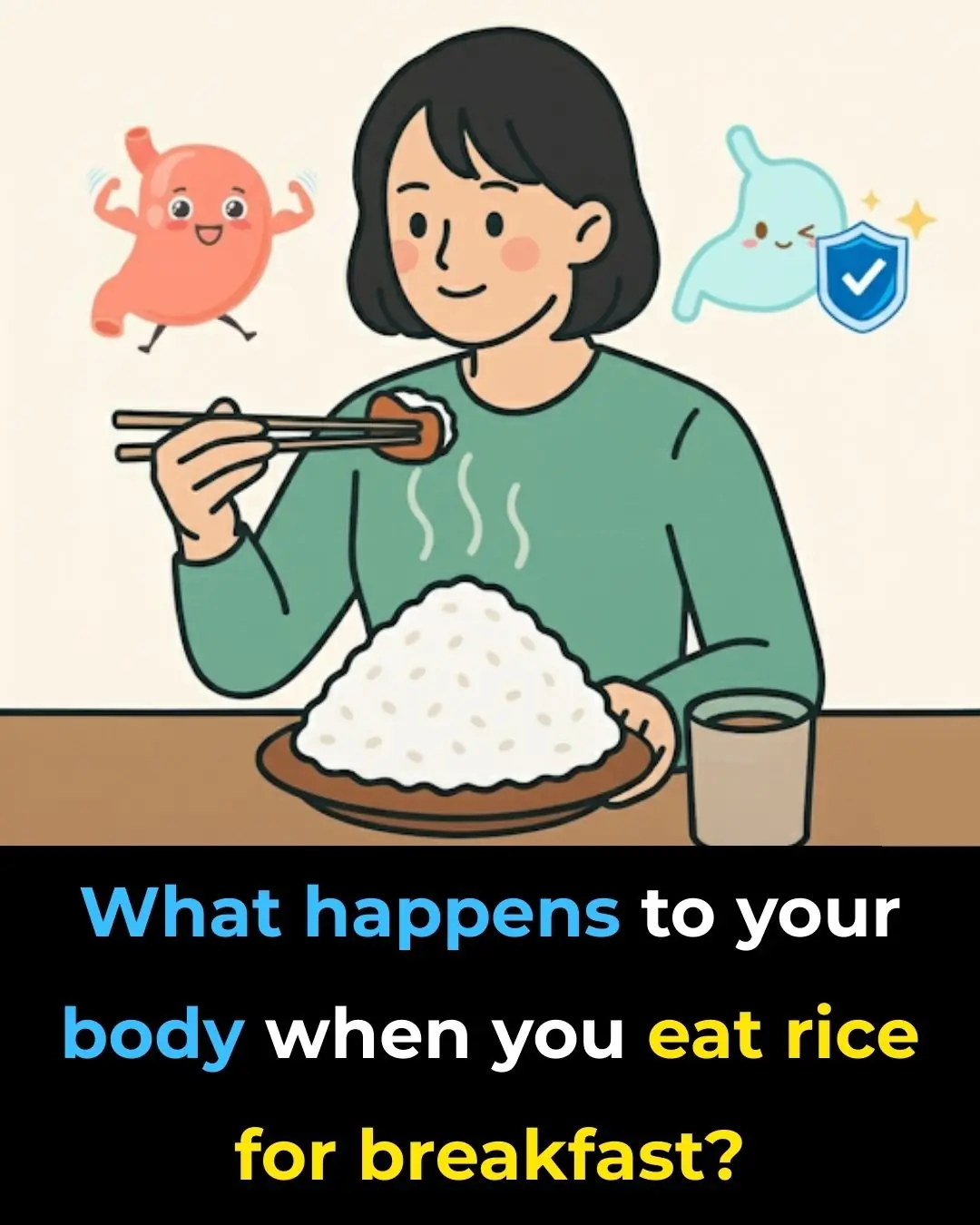
Should You Eat Rice for Breakfast

Japan has a Lower Rate of Breast Cancer than the U.S. – This Nutrient Makes the Difference

How To Do a 3-Day Sugar Detox to ACCELERATE Fat Loss And Improve Your Mood!
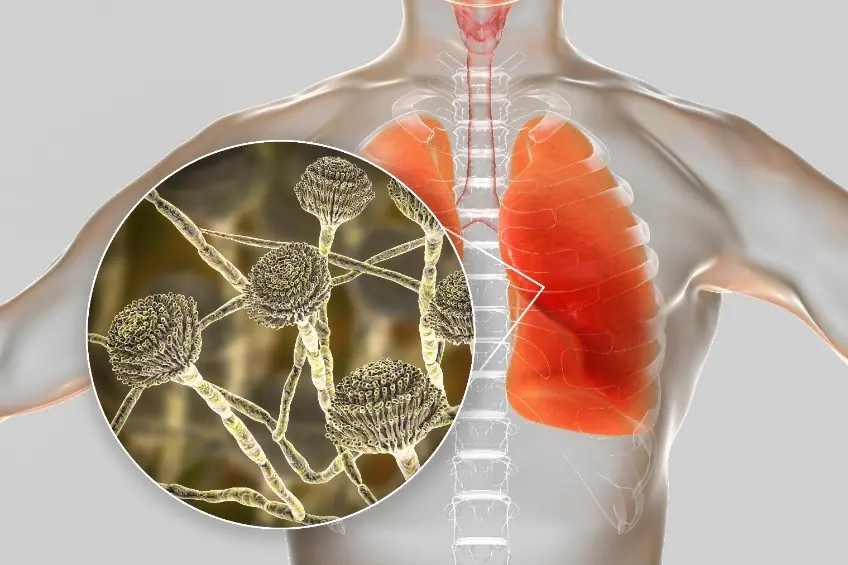
10 Early Warning Signs You're Being Exposed to Mold Toxicity
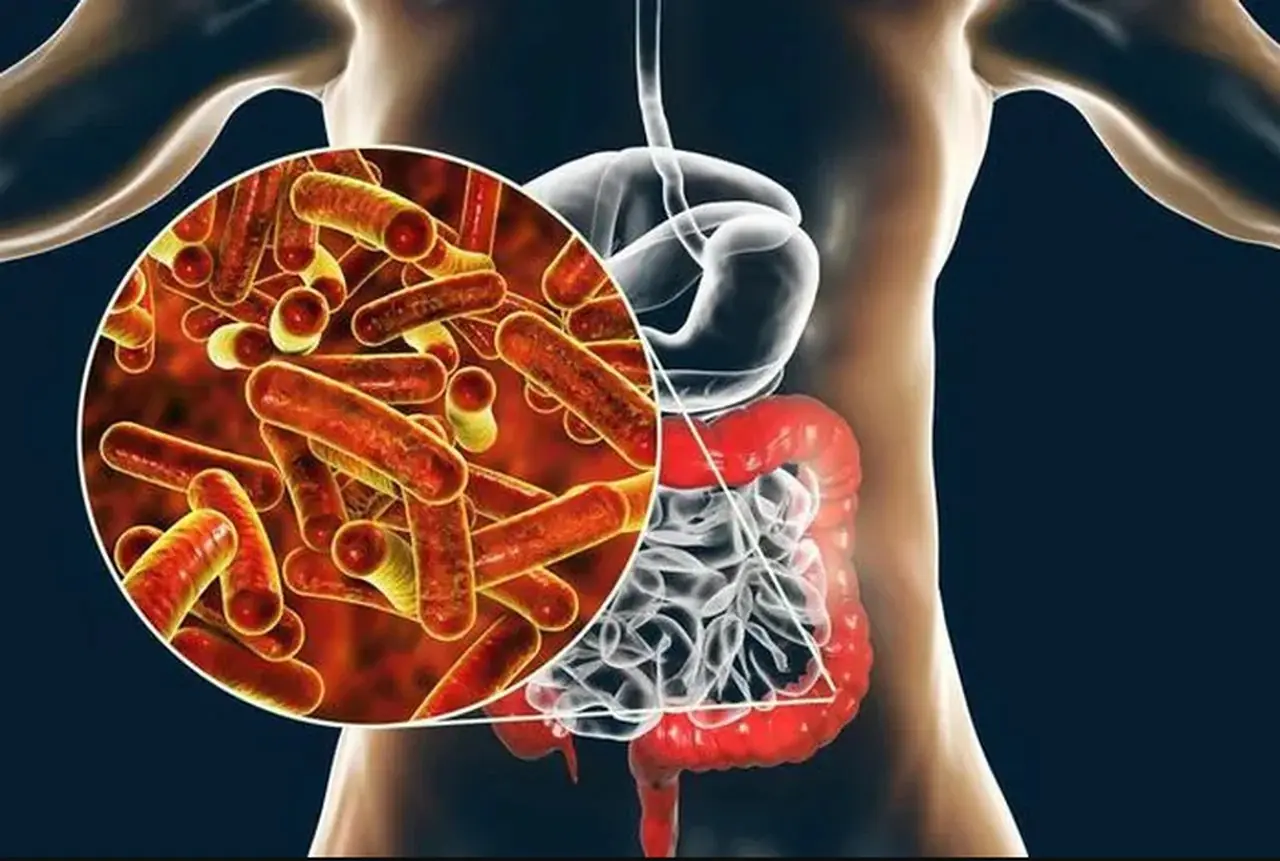
The Ten Foods You Should Start Eating Now to Cleanse Your Colon
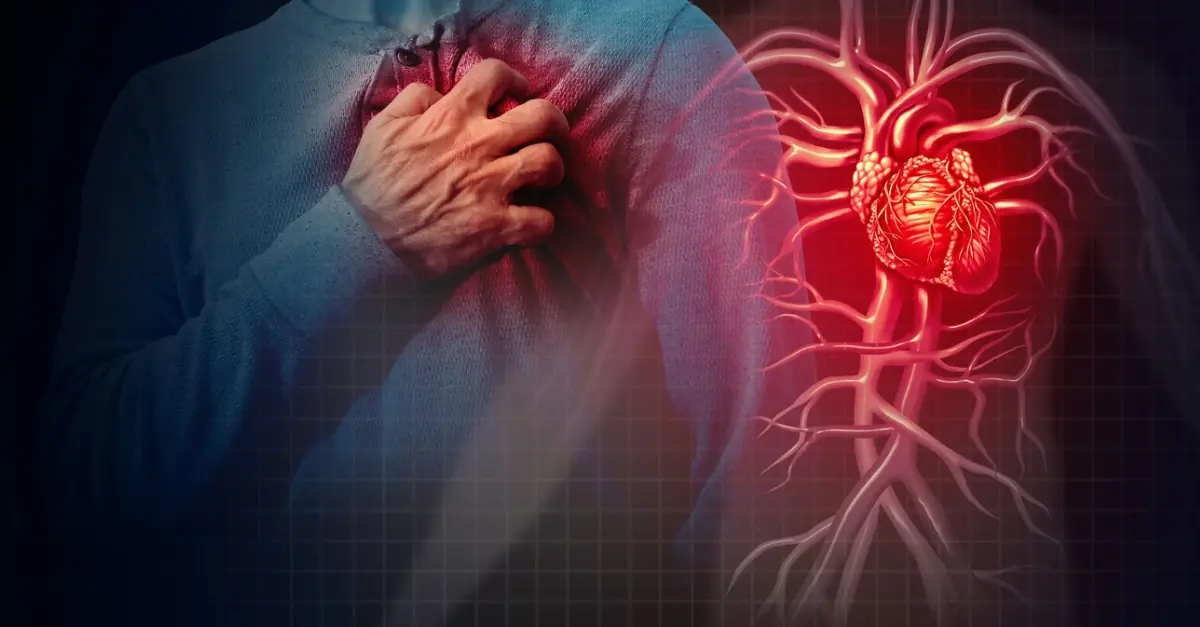
Stop Doing These Habits and Prevent 80% of Heart Attacks
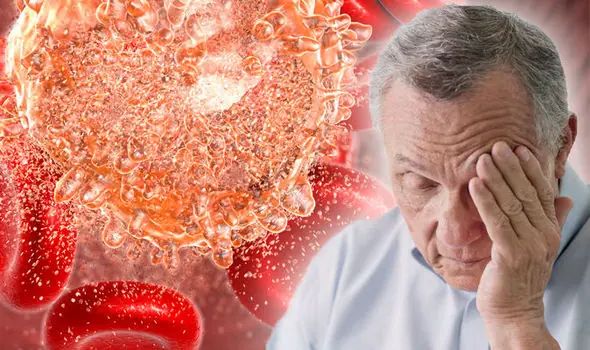
3 Early Morning Symptoms That Could Signal Cancer
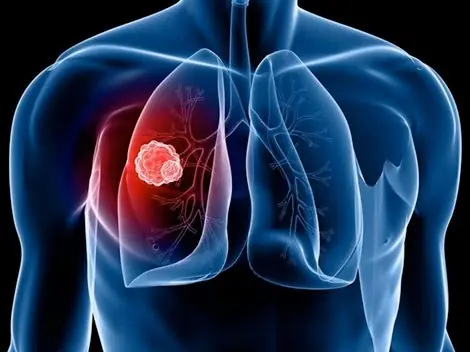
If You Notice These 7 Symptoms, Get Checked for Lung Cancer Immediately

A Man Dies After Eating Leftovers: 5 Foods You Should Never Eat as Leftovers
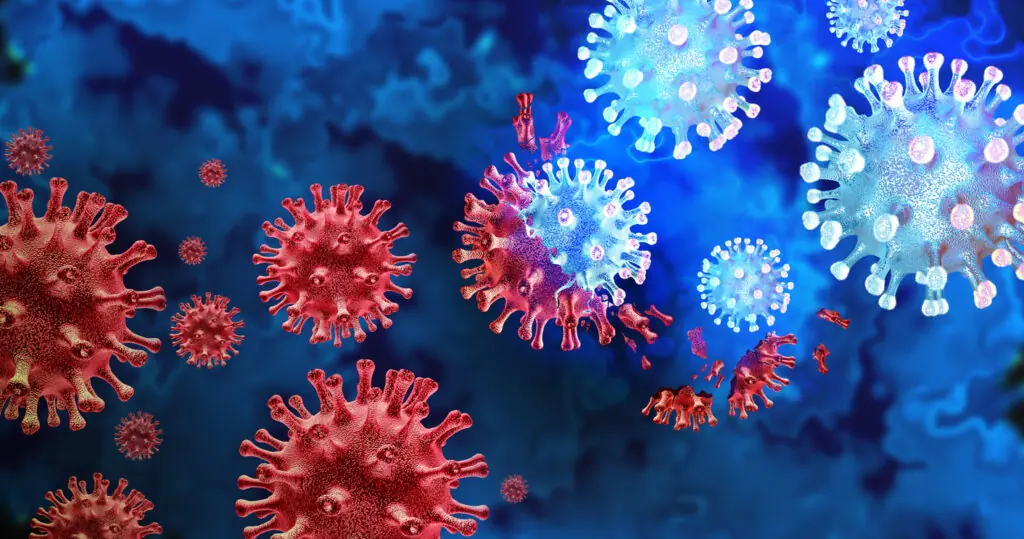
10 Warning Signs of an Autoimmune Disease and How to Reverse It
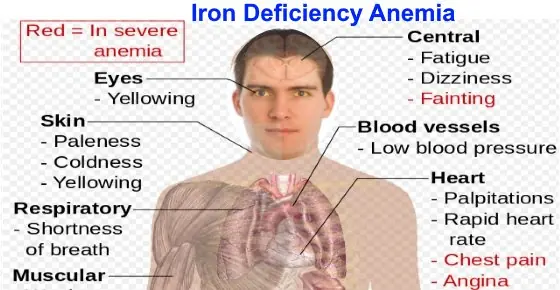
Top Signs of Iron Deficiency and How To Increase Iron Levels In Your Blood

How to Get Rid of Worms in Humans (Including Parasite Cleanse Diet)
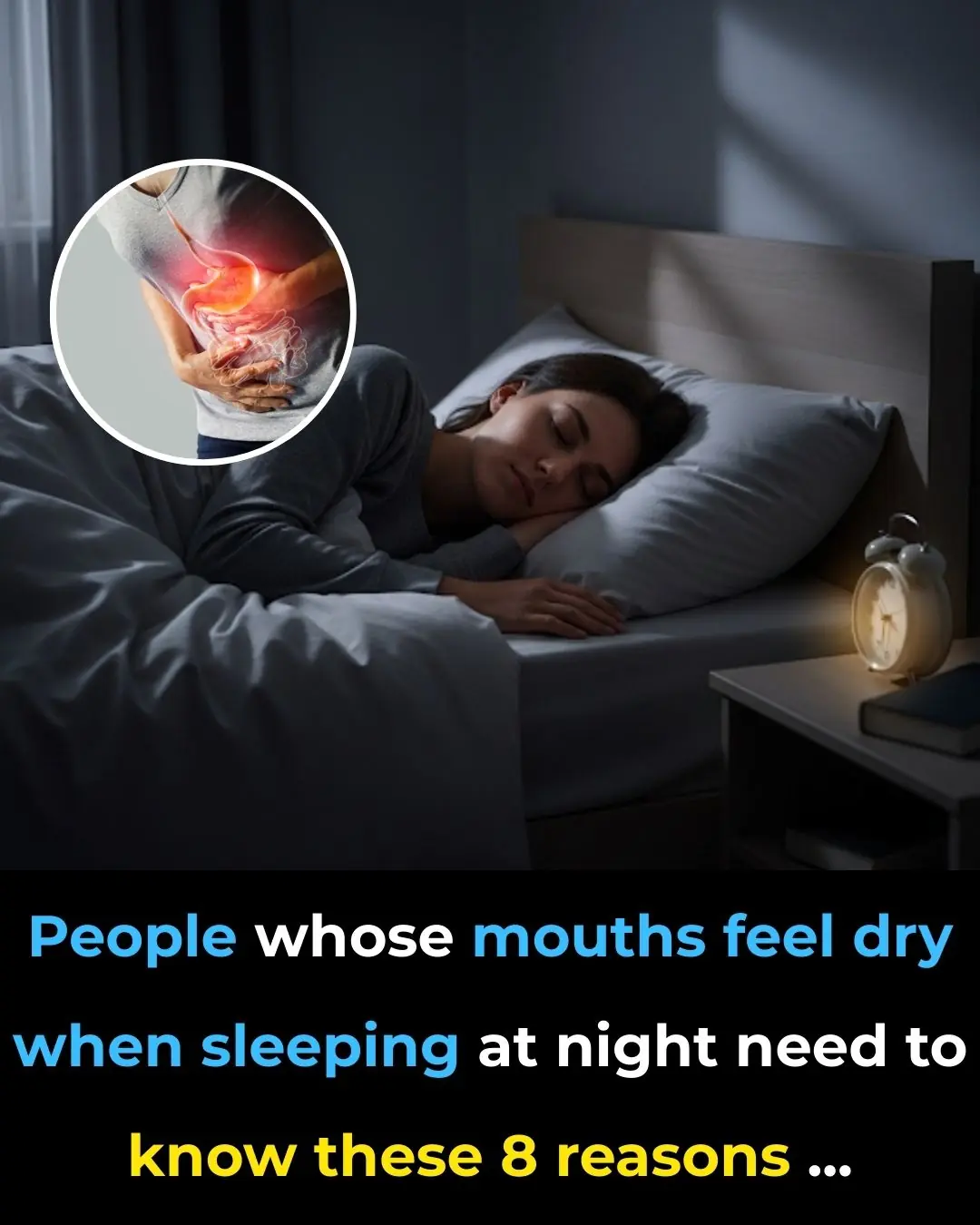
Why You Might Be Waking Up With a Dry Mouth

What Do Vertical Nail Ridges Mean After 40

Could OTC Remedies Really Work for Depression?
News Post

Seniors: Take This for 5 Nights and See What Comes Out in Your Stool!

Clove benefits for Skin – Clove Oil, Clove Gel & Clove ice cubes

The Surprising Benefits of Overnight Tea: A Wasteful Habit You Might Not Know About

How to Clean Limescale Off Your Faucet in Just 25 Seconds with a Simple Trick

How to Clean Your Air Conditioner Easily in Just 15 Minutes — No Technician Needed, Even Women Can Do It Effortlessly

How to Keep Your Non-Stick Pan as Good as New for 3 Years: Simple Tips and Tricks

Using Electric Kettles to Boil Water: 9 Out of 10 Households Make This Mistake — Remind Your Loved Ones to Fix It Early

These 3 types of “acne” on the body could be cancerous; whether male or female, no matter the age, don’t ignore them.

Why Some People Can’t Handle Spicy Food

The hidden meaning of thumb rings: what they represent for women vs. men

The Small Hole on the Sink: A Feature You Never Knew You Needed

🌅 Three Morning Symptoms That Could Be Early Warning Signs of Cancer
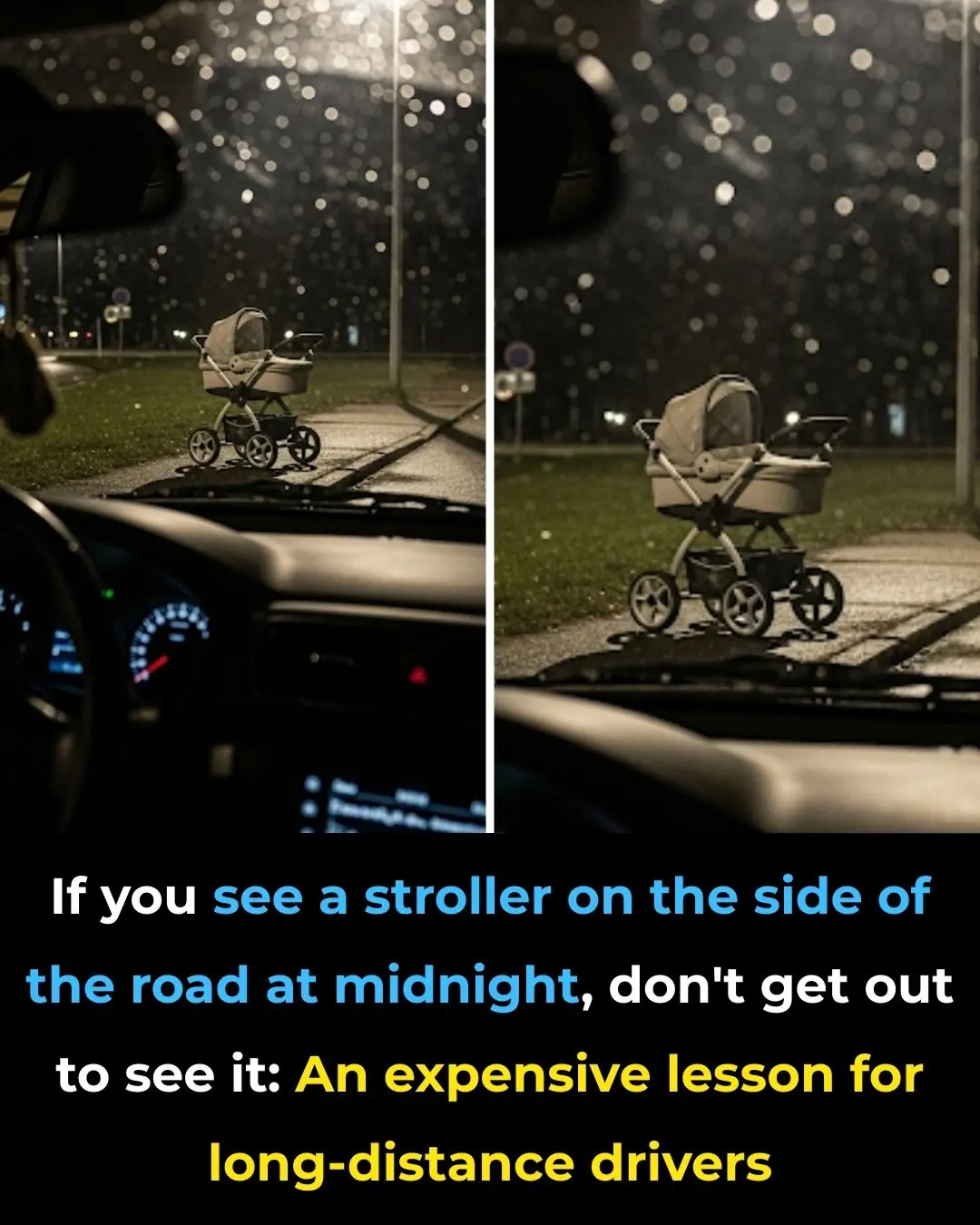
Concerned Woman: Beware of Abandoned Prams on Roadsides!
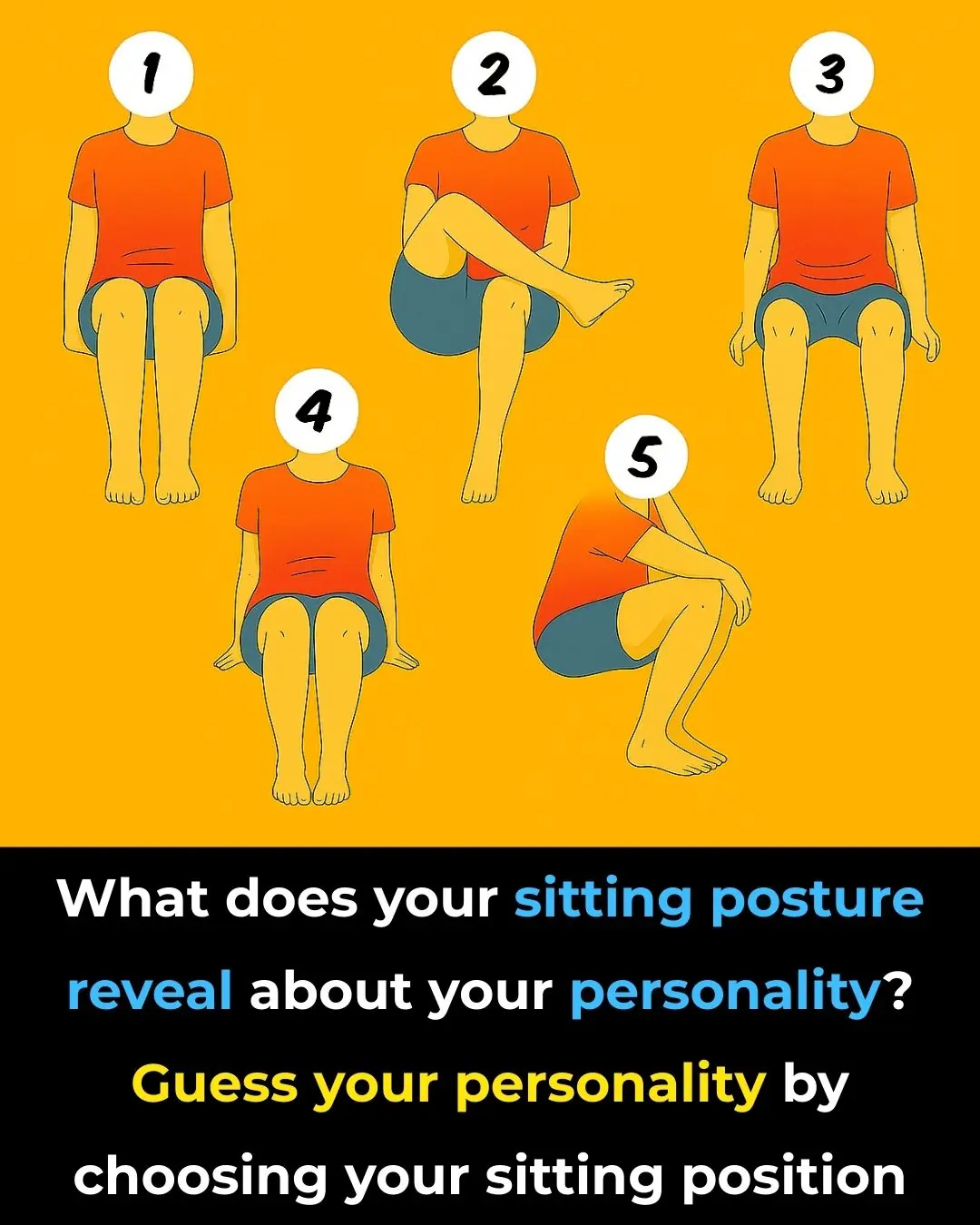
Your Character According to Your Sitting Style

They say the eyes are the windows to the soul — but what about the mind’s eye?

Should You Eat Rice for Breakfast

Japan has a Lower Rate of Breast Cancer than the U.S. – This Nutrient Makes the Difference

How To Do a 3-Day Sugar Detox to ACCELERATE Fat Loss And Improve Your Mood!
